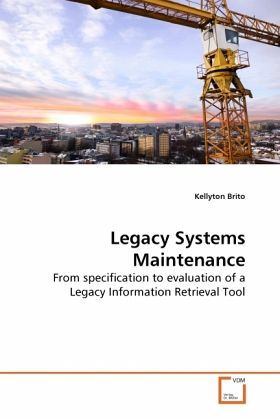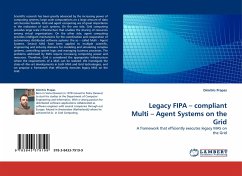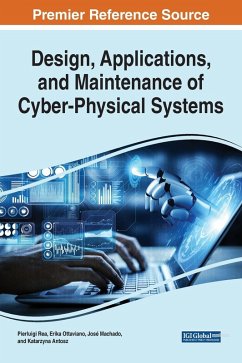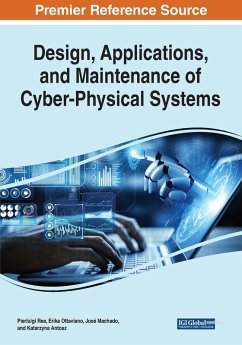
Legacy Systems Maintenance
From specification to evaluation of a Legacy Information Retrieval Tool
Versandkostenfrei!
Versandfertig in 6-10 Tagen
32,99 €
inkl. MwSt.

PAYBACK Punkte
16 °P sammeln!
Nowadays, due to the fact that information systems are an important part of the organization business, the systems maintenance and evolution needed to attend the business dynamics is still a challenge. In special, one of most difficult task is to understand these legacy systems, which in general have no useful documentation. In this scenario, reverse engineering can be a way to organize the understanding and knowledge retrieval of legacy systems. Nevertheless, despite of the existence of some processes, methods and tools to help in reverse engineering and systems understanding, some activities...
Nowadays, due to the fact that information systems are an important part of the organization business, the systems maintenance and evolution needed to attend the business dynamics is still a challenge. In special, one of most difficult task is to understand these legacy systems, which in general have no useful documentation. In this scenario, reverse engineering can be a way to organize the understanding and knowledge retrieval of legacy systems. Nevertheless, despite of the existence of some processes, methods and tools to help in reverse engineering and systems understanding, some activities are still difficult to replicate in an industrial context. In special, the existence of tools that automate reverse engineering is still limited, and there is little empirical evidence of its usefulness. Thus, this book presents the requirements, architecture and implementation of a reverse engineering tool. Finally, it discusses results of a case study that used the tool in an industrial context of reverse engineering a 210KLOC legacy system of a Brazilian financial institution, developed with NATURAL/ADABAS technologies.












